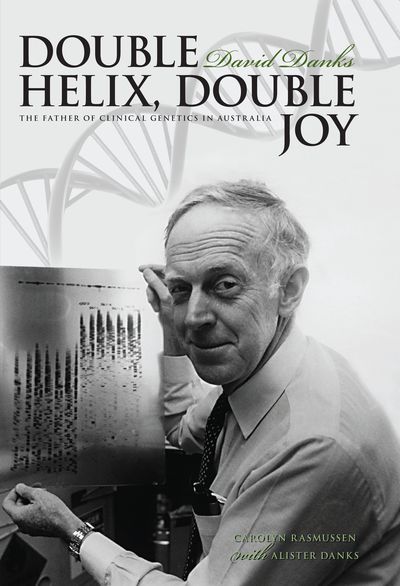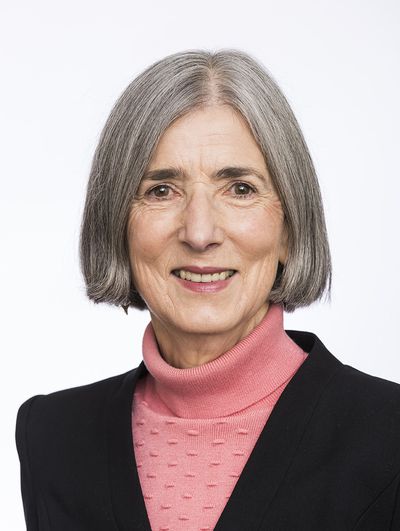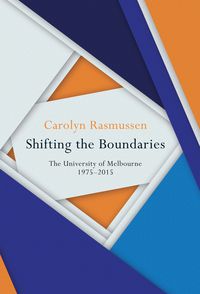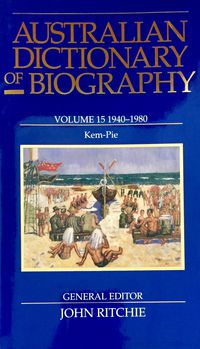Double Helix, Double Joy
David Danks, The Father of Clinical Genetics in Australia
Carolyn Rasmussen, with Alister Danks
Hardback
Out of stock
$49.99
Member discount
As an MUP member you get 40% off the price of this book.
Member discount
As an MUP member you get 40% off the price of this book.
Member discount
As an MUP member you get 100% off the price of this book.
Member discount
As an MUP member you get 25% off the price of this book.
Member discount
As an MUP member you get 25% off the price of this book.
Member discount
As an MUP member you get 25% off the price of this book.
Member discount
As an MUP member you get 40% off the price of this book.
Member discount
As an MUP member you get 10% off the price of this book.
Member discount
As an MUP member you get 40% off the price of this book.
Other formats available
- Ebook$31.99 $31.99 $31.99 $31.99 $31.99
Double Helix, Double Joy
David Danks, The Father of Clinical Genetics in Australia
Carolyn Rasmussen, with Alister Danks
Professor David Danks explained in a public lecture revealingly titled, Double Helix, Double Joy, that 'Even from its infancy it was apparent that the double helix was going to change not only science, but also the community's image of science'
'Double Joy' conveyed his sense that the developments cascading from Watson and Crick's initial DNA discovery would yield 'immense benefits' for people generally, and also for his own research ambitions. A double joy made concrete in the foundation of the Murdoch Institute for Research into Birth Defects where he could fully implement his vision of unfettered basic scientific research wedded to clinical practice and services to public health.
Born into the long-established Melbourne family of hardware merchants, Danks chose a career path more aligned to that family's association with hospitals and health. Inspired to know 'why a disease had occurred' and 'how it could be anticipated and prevented', Danks…
Professor David Danks explained in a public lecture revealingly titled, Double Helix, Double Joy, that 'Even from its infancy it was apparent that the double helix was going to change not only science, but also the community's image of science'.
'Double Joy' conveyed his sense that the developments cascading from Watson and Crick's initial DNA discovery would yield 'immense benefits' for people generally, and also for his own research ambitions. A double joy made concrete in the foundation of the Murdoch Institute for Research into Birth Defects where he could fully implement his vision of unfettered basic scientific research wedded to clinical practice and services to public health.
Born into the long-established Melbourne family of hardware merchants, Danks chose a career path more aligned to that family's association with hospitals and health. Inspired to know 'why a disease had occurred' and 'how it could be anticipated and prevented', Danks trained with pioneers of human genetics in London and Baltimore from 1959.
At that time, human genetics was scarcely known in Australia. Following his discovery of the cause of Menkes disease in 1972 and breakthroughs in PKU testing, he applied his entrepreneurial flair to the development of a brilliant multi-disciplinary research team focussed on the identification of genetic diseases affecting newborns and their treatment in the clinic.
Dame Elisabeth Murdoch embraced his vision and helped launch the Murdoch Institute in 1986, based at the Royal Children's Hospital. A man of 'towering intellect', who did it 'because it was fun', Danks' legacy reaches beyond the Murdoch Institute to the establishment of clinical genetics services throughout Australia, the internationally acclaimed POSSUM database, and the next generation of researchers who continue to explore and expand his vision.
Hardback
Out of stock
$49.99
Member discount
As an MUP member you get 40% off the price of this book.
Member discount
As an MUP member you get 40% off the price of this book.
Member discount
As an MUP member you get 100% off the price of this book.
Member discount
As an MUP member you get 25% off the price of this book.
Member discount
As an MUP member you get 25% off the price of this book.
Member discount
As an MUP member you get 25% off the price of this book.
Member discount
As an MUP member you get 40% off the price of this book.
Member discount
As an MUP member you get 10% off the price of this book.
Member discount
As an MUP member you get 40% off the price of this book.
Other formats available
- Ebook$31.99 $31.99 $31.99 $31.99 $31.99






